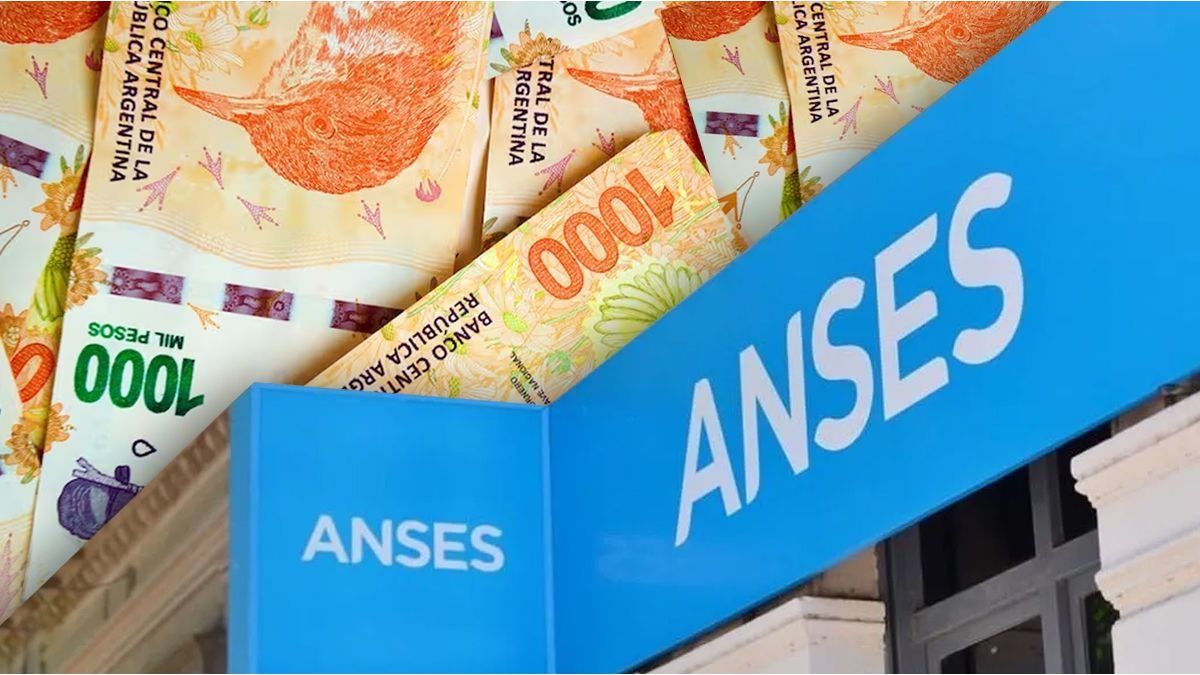While the president Javier Milei ensures that the retirements improve at a steady pace, a private report revealed the strong deterioration they had in their purchasing capacity. A deterioration concentrated, above all, in the beneficiaries of minimum salaries.
The Eforo Foundation calculated that the retirement of August 2024 paid for the management of La Libertad Avanza was $227,265, which means a increase of 4.8% compared to November 2023. “In February 2024, the lowest minimum asset in the last 15 years was settled. It was $152,900 at constant values from August 2024,” he explained.
He then calculated the impact of the adjustment on pension spending throughout the Mileist administration: “The average retirement settled by the government management that began in December 2023 and that extends until August 2024 was $203,900, which represents a drop of 35% compared to the average minimum of the 2019-2023 management.”
The report emphasizes that, in the last 15 years, a downward trend in retirements was consolidated, accelerated in the last nine months, which became a collapse of around 34% of the average pensions settled by the last five administrations of the national government.
Retirements: Does ANSES accumulate a surplus?
The Éforo report highlights that this occurred while ANSES obtained a surplus financial balance of $4.7 billion in the first nine months of 2024 “in an unprecedented event in recent years.”
“Throughout the year, ANSES resources have grown month by month. Between January and September 2024, the organization collected $32.11 billion, mostly from contributions and contributions ($16.89 billion). The organization’s expenses were also high, reaching $27.40 billion in the same period, revenues far exceeded expenditures. In terms of social security benefits, accumulated spending reached $19.7 billion. “Despite this surplus, the Executive Branch has not allocated additional resources to reinforce social benefits or retirements.”the study emphasized.
In this sense, remember that, throughout the year, transfers to provincial pension funds that were not transferred to the Nation were suspended, the retirement mobility law that proposed improvements in assets was vetoed, and access criteria were adjusted. to family allowances for workers in a dependency relationship and for non-contributory pensions for work-related disability.
Éforo recalls that, according to the Congressional Budget Office (OPC), the debt accumulated as of July of this year with the nine provincial savings banks by the Nation amounts to $703,353 million, which is equivalent to 0.13% of GDP. And that the additional spending on retirements and pensions from the full impact of the vetoed mobility law would have been 0.44% of GDP, “which is equivalent to an approximate amount of the savings currently in force in the financial accounts of ANSES.”
“The only relief measure adopted by the Government in recent times was the increase in the Universal Child Allowance (AUH) in June, which adjusted its real value to levels similar to those it had during the governments of Cristina Fernández de Kirchner and Mauricio Macri,” he noted.
And he concluded with some questions for debate: “The accumulation of surpluses in an organization like ANSES, which manages the pensions and social benefits of millions of Argentines, should open a serious debate about what is the best use of these resources. Should they should be allocated to other areas or items (such as paying debt interest)? Should social security policies be reinforced for those who need it most? Is the adjustment to the ANSES budget accounts deeper than necessary?
Source: Ambito
I am a 24-year-old writer and journalist who has been working in the news industry for the past two years. I write primarily about market news, so if you’re looking for insights into what’s going on in the stock market or economic indicators, you’ve come to the right place. I also dabble in writing articles on lifestyle trends and pop culture news.




